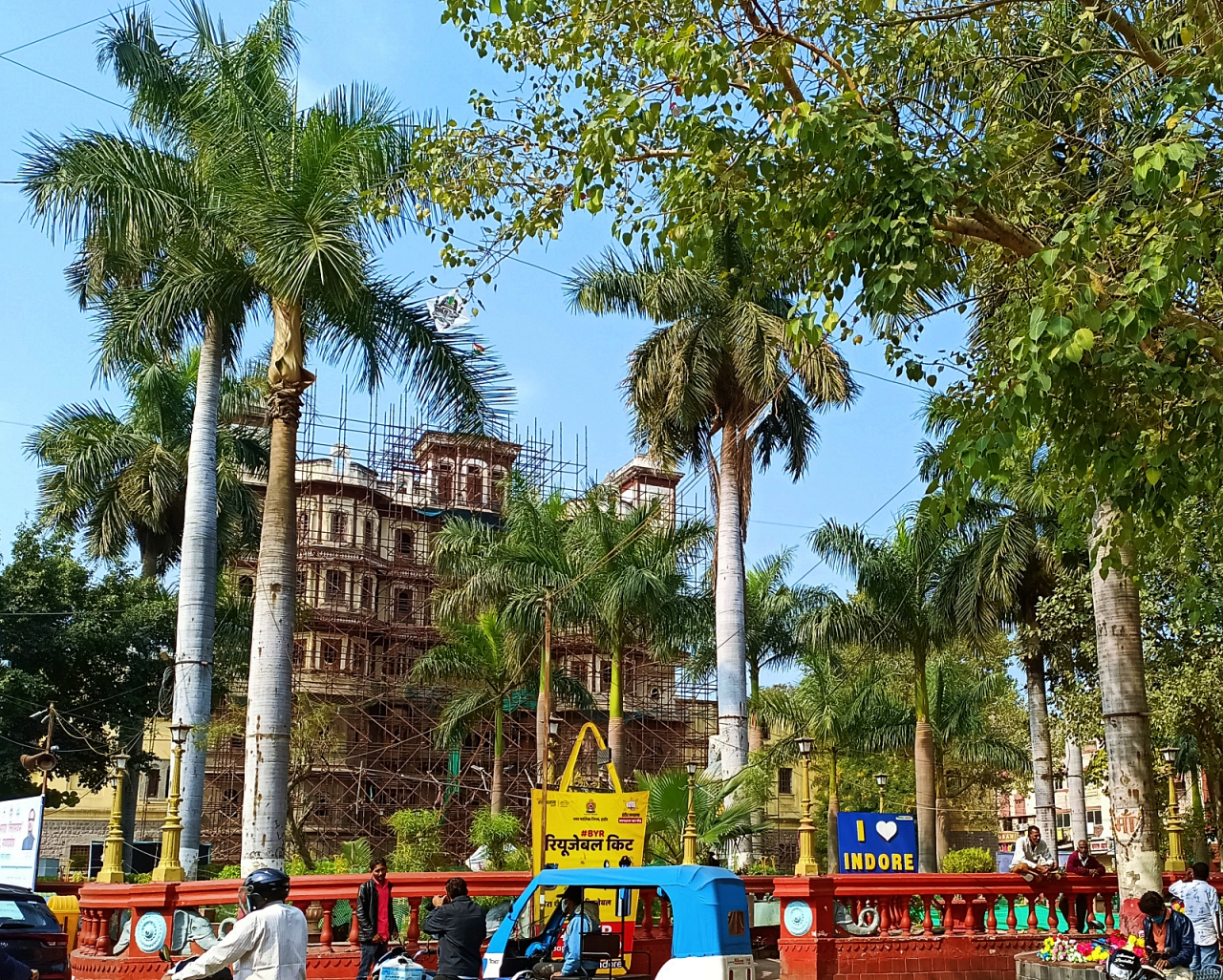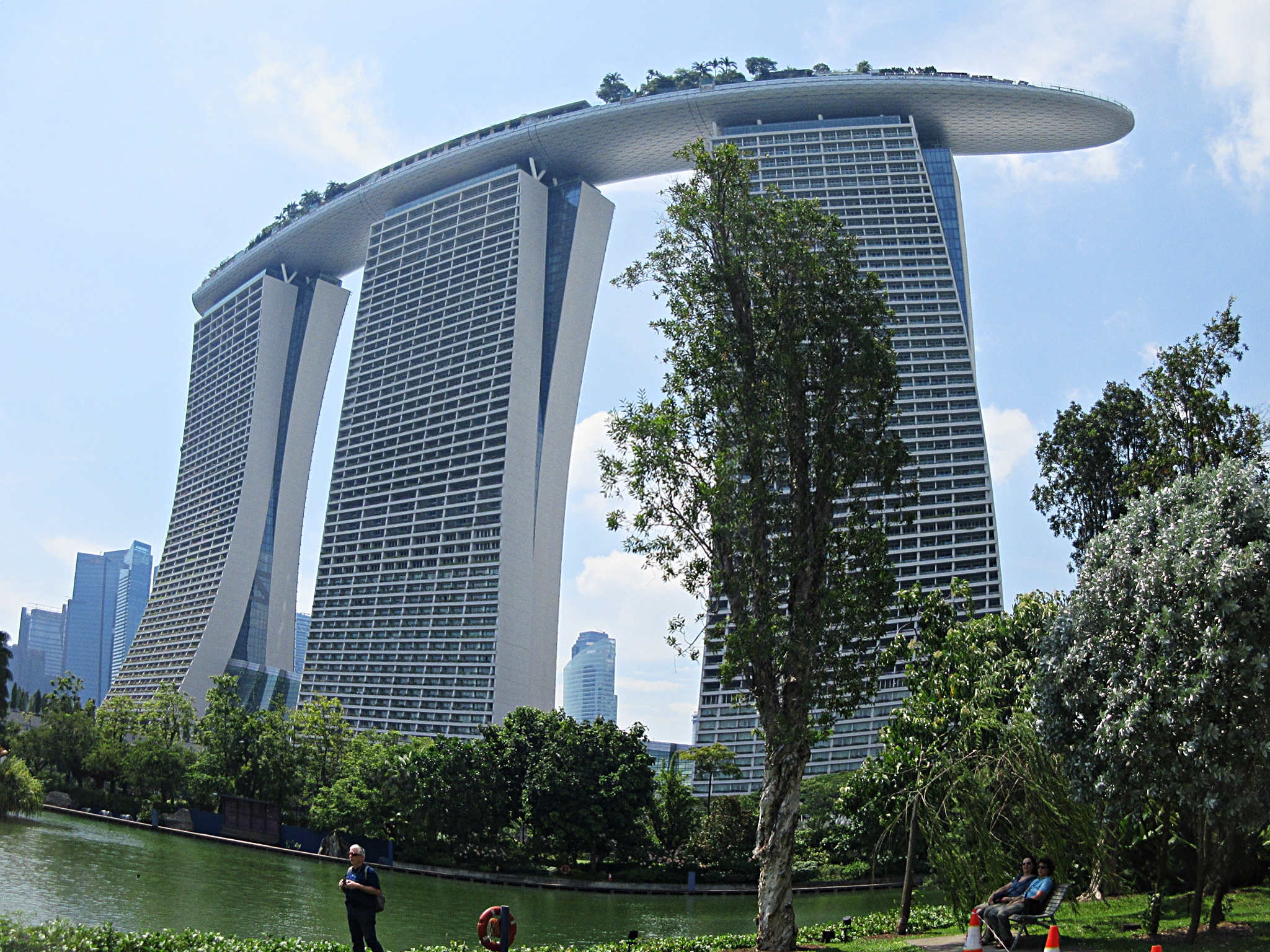What Has Made Indore the Cleanest City in India
If you are looking for the cleanest city in India, there is a piece of good news for you. Indore has been declared the cleanest city by Swachh Survekshan 2018 and it will be awarded Gold Award. The city was ranked first in the cleanliness list and it received 86 points out of 100.

CITATION: “Indore is the cleanest city of India and it has been rated in top 5 cities in the world.”
In this article, we will introduce you to Indore and how it got its name. We will also explain why it’s considered one of the cleanest cities in India. So let’s get started!
Indore was ranked at the top in Swachh Survekshan 2018, a cleanliness survey conducted by the government. Indore was also ranked at the top in Swachh Survekshan 2017. The city has been adjudged as one of India’s best cities for cleanliness by the Times of India for six years in a row since 2014.* In 2016, it was declared one of the three top cleanest cities in India by NDTV Profit, which also includes Bangalore and Chennai.* In 2015, an infrastructure report released by Aam Aadmi Party (AAP) showed that Indore had good roads but a bad drainage system which contributed to its poor ranking on this parameter
Sanitation is a major part of the city’s development and it remains a priority for the administration. Indore is no stranger to the cleanliness game. The city has always been at the forefront of development, which has led to its reputation for being one of India’s cleanest cities. Its sanitation system is also a major part of this reputation, and it remains a priority for the administration.
Urban planning has been done keeping in mind sanitation. A few years ago, there was no street lighting in Indore. Now, there are streetlights all over the city and it is safe to walk at night without any fear or hesitation. The administration has made sure that all waste is collected properly, transported and disposed of before it reaches public places such as parks or lakes etc…
The Indore Municipal Corporation (IMC) is working on a project of water recycling with which the city will be self-sufficient in the water supply.
It’s been over three years since IMC started this project and they say they’ve seen a huge improvement in their efforts to reduce plastic waste in Indore. Waste management, cleaning of sewers and sewerage are all important areas which are being looked upon by the civic body. Waste management is one of the most important issues for any city. It has been in the news for a long time now and Indore has recently started taking steps to tackle this problem.
The civic body has formed a committee to look into ways to reduce waste and make Indore clean again. The committee includes members from all departments including the environmental pollution control board, solid waste management board etc., which will work towards reducing waste by streamlining processes across various sectors such as transportation, segregation of waste at source etc., to reduce the production of garbage by 50%.
A community toilet is also being built to solve the sanitation problem at NRIs’ flats. The government has decided to construct a community toilet on every 10th floor of all the apartments and commercial complexes in Indore city. The idea behind this move is that if you have more than one apartment, then you can use one public toilet for everyone living in it by sharing it with your neighbours. This way, everyone will be able to use these public toilets without feeling embarrassed about their appearance or hygiene issues as they will be able to share them with others from within the building itself rather than going out into public areas where there are many people around!
The city has also launched an app that enables citizens to give feedback on public toilets and track their improvement over time. The corporation aims at making Indore clean, green and free from open defecation by 2018. To achieve this goal, it has set up more than 1,000 composting units across the city with a capacity of 250 tonnes per day (TPD). The process involves converting municipal solid waste into compost through vermicomposting that uses worms for decomposing organic matter into humus or nutrient-rich soil that can be used as manure or fertilizer for crops in return for money paid by farmers who sell produce grown on their fields.
Street sweeping machines including six high-capacity sweepers are deployed every night as a part of the mechanised road sweeping system. The street sweeping machines are high-capacity sweepers. These are deployed every night as part of the mechanised road sweeping system, which is a part of the civic body’s Clean Indore campaign. The city’s roads look immaculate because there are so many people who care about its appearance and want it to be clean and orderly at all times, thus making it one of India’s most well-maintained cities
Stubble burning has also reduced considerably, thereby resulting in an improvement in air quality which had deteriorated due to crop residue burning in the neighbouring states of Punjab and Haryana last year. Stubble burning is a major cause of air pollution in India. The stubble-burning season starts with the rabi crop (winter-sown crops) and continues till about mid-October or November. This is followed by post-harvest stubble burning, which is carried out by farmers to prepare the fields before sowing Rabi crops. Stubble burning can have adverse effects on public health, including respiratory problems and lung cancer due to exposure to high levels of particulate matter (PM10).
All that glitters is not gold, but if you look beneath it can be found too!
In this city of Indore, there are many examples of hard work and perseverance. For example, the people of this city have made an effort to clean up their surroundings by using organic waste materials as compost for farms or planting trees on barren land. They also use solar panels to generate electricity which helps reduce carbon emissions in the atmosphere. In addition to these efforts, there are many other things they do like recycling plastic bottles into reusable vessels such as jars or bowls etc. so that we don’t need to throw away anything unnecessarily when buying something new at our local market stalls which are located throughout each neighbourhood in town (see map below). The city has seen a lot of development in the last few years and it is a matter of pride for all Indoreans. We hope that this ranking will motivate other cities to follow suit and improve their ranking next year as well!



